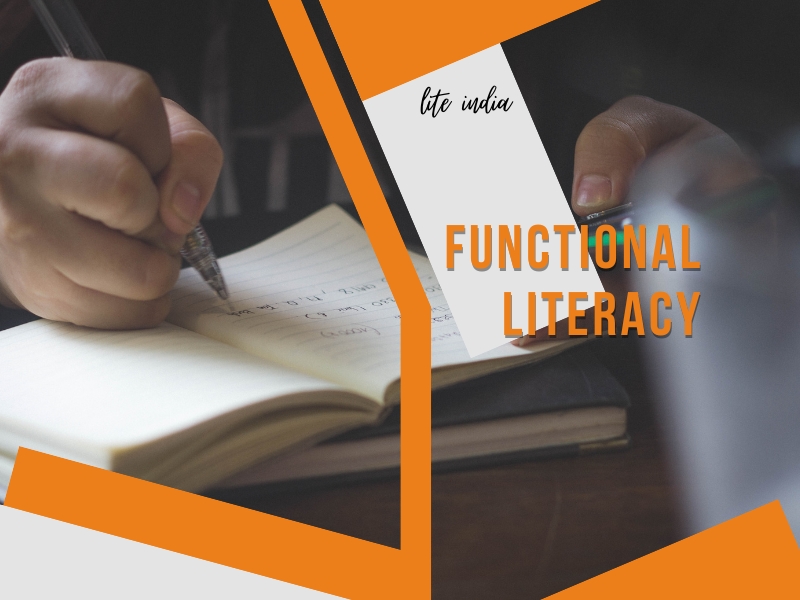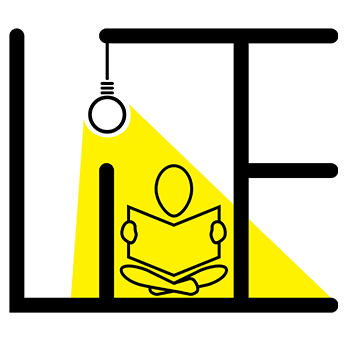Functional literacy is more than just the ability to read and write. It is a key that unlocks a world of opportunities and empowerment. In this article, we delve into the significance of functional literacy, its impact on individuals and communities, and how it opens doors to a brighter future.
What is Functional Literacy?
Functional literacy refers to the practical and essential skills of reading, writing, and numeracy that enable individuals to effectively navigate and engage in everyday life. It goes beyond basic literacy, emphasizing the application of these skills in real-life situations. With functional literacy, individuals can comprehend and use written information, communicate effectively, make informed decisions, and actively participate in their communities. It empowers individuals to tackle challenges, seize opportunities, and lead fulfilling lives. Also, it enables them to thrive in a rapidly changing world.
For example The ability of one person to read government documents or bank documents.
Building Strong Foundations: Equipping Individuals with Essential Skills
Building strong foundations means equipping individuals with essential skills that serve as the bedrock for their personal and professional growth. It involves providing individuals with the necessary tools to navigate the complexities of everyday life confidently. Through functional literacy, individuals develop the ability to read, write, and comprehend information effectively. These skills empower them to communicate their thoughts, ideas, and needs clearly, fostering meaningful interactions with others. By nurturing strong foundations, we ensure that individuals possess the fundamental skills needed to succeed. They enable them to pursue education, employment, and personal fulfilment with confidence and resilience.
From Knowledge to Action: Applying Literacy Skills in Real-Life Situations
From knowledge to action, applying literacy skills in real-life situations is the bridge that transforms information into practical use. When individuals possess the ability to read and write, they gain the power to navigate the complexities of everyday life. They can comprehend instructions, follow procedures, and engage meaningfully with written materials. Whether it’s reading a bus schedule, writing a job application, or understanding a legal document, literacy skills empower individuals to confidently participate in society. By seamlessly applying their literacy skills, they can make informed decisions, solve problems, and actively contribute to their communities. Transitioning from knowledge to action unleashes the true potential of literacy, turning words on a page into tangible achievements.
Bridging Gaps and Fostering Inclusion: Enhancing Communication and Connectivity.
Bridging gaps and fostering inclusion, enhancing communication and connectivity lies at the heart of functional literacy. By equipping individuals with the ability to read, write, and communicate effectively, we break down barriers and create connections. Language becomes a powerful tool for understanding and empathy, enabling meaningful interactions between diverse individuals and communities. When we enhance communication and connectivity, we foster an inclusive society where everyone’s voices are heard, valued, and respected. Through the power of literacy, we build bridges that bring people together, forging bonds that transcend differences and nurturing a sense of belonging for all.
Empowering Decision-Making: Critical Thinking and Problem-Solving Skills
Empowering decision-making, critical thinking, and problem-solving skills empower individuals to navigate life’s challenges with confidence. With functional literacy as a foundation, individuals develop the ability to analyze information, evaluate options, and make informed choices. They become adept at identifying problems, seeking creative solutions, and adapting to new situations. By fostering critical thinking and problem-solving skills, we equip individuals to overcome obstacles, seize opportunities, and shape their own destinies. This empowerment allows them to navigate complexities, make sound decisions, and contribute positively to their personal and professional lives. Transitioning from passive recipients to active participants, they become agents of change, driving progress and shaping a better future.
Unlocking Opportunities: Education, Employment, and Economic Advancement
Unlocking opportunities in education, employment, and economic advancement is a transformative result of functional literacy. When individuals possess strong literacy skills, doors open wide for personal growth and development. Education becomes accessible, enabling individuals to pursue higher learning, acquire knowledge, and expand their horizons. With enhanced literacy, employment prospects improve as individuals can effectively communicate, comprehend job requirements, and contribute meaningfully in the workplace. Moreover, functional literacy fuels economic advancement, providing individuals with the tools to navigate financial systems, make informed financial decisions, and pursue entrepreneurial ventures. By unlocking these opportunities, functional literacy becomes a catalyst for upward mobility, empowering individuals to shape their own futures and create a path towards prosperity.
Enhancing Health and Well-being: Access to Vital Information and Services
Enhancing health and well-being through functional literacy is a powerful catalyst for accessing vital information and services. When individuals possess strong literacy skills, they can navigate healthcare systems, comprehend medical instructions, and access essential health resources. They can understand preventive measures, make informed decisions about their well-being, and advocate for their own health needs. Functional literacy also facilitates access to crucial services, such as social support programs, community resources, and government assistance. By empowering individuals with the ability to understand and utilize vital information, functional literacy promotes better health outcomes and improves overall well-being. Transitioning from passive recipients to active participants in their own health journeys, individuals can lead healthier, more fulfilling lives.
Lifelong Learning: Nurturing Curiosity and Personal Growth
Lifelong learning, a cornerstone of functional literacy, nurtures curiosity and fosters personal growth. With functional literacy skills, individuals cultivate a thirst for knowledge that extends beyond formal education. They become lifelong learners, continuously seeking new insights, exploring diverse subjects, and expanding their horizons. Functional literacy empowers individuals to access information from various sources, engage in critical thinking, and embrace continuous self-improvement. By nurturing curiosity and fostering personal growth, functional literacy enables individuals to adapt to a rapidly changing world, embrace new opportunities, and enrich their lives with a sense of fulfilment. Transitioning from passive recipients of knowledge to active participants in their own learning journeys, individuals unlock their full potential and discover the joy of lifelong learning.
Conclusion
Functional literacy is a powerful tool that transforms lives, empowering individuals to actively participate in society and pursue their dreams. By equipping individuals with essential skills, fostering inclusion, and unlocking opportunities, functional literacy creates a ripple effect of positive change, leading to personal fulfilment and community development. Together, let us embrace functional literacy as a catalyst for empowerment and work towards a world where everyone can thrive and reach their full potential.

